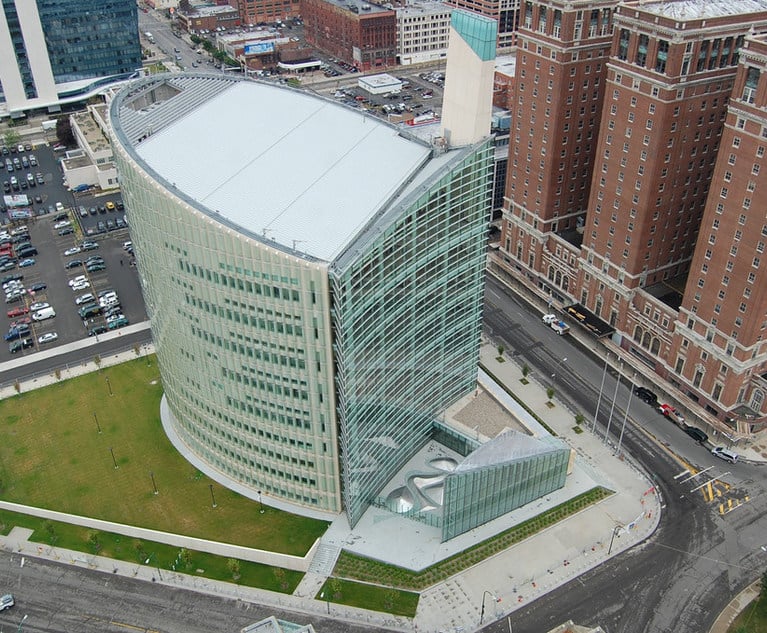 The recent successful prosecution of “Roger” Ng Chong Hwa (Ng) by the U.S. Attorney’s Office for the Eastern District of New York (EDNY) sets the stage for the Department of Justice (DOJ) to more aggressively pursue violations of the Foreign Corrupt Practices Act (FCPA). Ng, a Malaysian citizen and a former Goldman Sachs managing director, had never set foot in the EDNY. But this past spring, Ng was convicted after a jury trial for paying bribes to foreign government officials, among other crimes, in violation of the FCPA. Ng’s conviction not only reaffirms the broad scope of the DOJ’s power under the FCPA but may embolden the DOJ in its quest to hold foreign national executives accountable, amid the U.S. government’s ongoing fight against global corruption.
The recent successful prosecution of “Roger” Ng Chong Hwa (Ng) by the U.S. Attorney’s Office for the Eastern District of New York (EDNY) sets the stage for the Department of Justice (DOJ) to more aggressively pursue violations of the Foreign Corrupt Practices Act (FCPA). Ng, a Malaysian citizen and a former Goldman Sachs managing director, had never set foot in the EDNY. But this past spring, Ng was convicted after a jury trial for paying bribes to foreign government officials, among other crimes, in violation of the FCPA. Ng’s conviction not only reaffirms the broad scope of the DOJ’s power under the FCPA but may embolden the DOJ in its quest to hold foreign national executives accountable, amid the U.S. government’s ongoing fight against global corruption.
Jurisdiction and Venue Under the FCPA
The FCPA, which prohibits corrupt payments to foreign government officials for the purpose of obtaining or retaining business, has been the primary tool of the United States to combat foreign bribery since the Watergate scandal, when it was discovered that several U.S. companies and executives used overseas slush funds for corrupt foreign payments.






